The Umbrella Academy Analysis: The Power of Trauma
Spoilers ahead…
Netflix’s The Umbrella Academy is unique. What a facile statement to begin with, eh? Is it simply as unique as the novel premise of a family of supers joining up to save the day? Probably not seeing that The Incredibles had beaten them to the punch by 15 years, 3 years if you want to count the comics. Perhaps it is the odd circumstances that surround the property itself that provides the oh so crucial mystique. The original Umbrella Academy comic book series is a gothic tale of superheroes, murder mysteries and secret organizations, created by rock artist and former My Chemical Romance lead vocalist, Gerard Way.
Even then, his transition from his emo punk musical repertoire into his gloomy graphic regales of the Hargreeves kids do not come as much of a surprise. Is it then the subversive denial of traditional heroic values and virtues by our heroes themselves that raises Umbrella to a tour de force? Fuck no. Logan, Deadpool, Suicide Squad (they’re the bad guys, remember), Titans and whatever new IP DC has decided to pull out of Hot Topic closet has thoroughly mined that shaft dry. Nonetheless, I confess Netflix’s The Umbrella Academy is something truly extraordinary.
Before jumping into the series, I took the time to browse through the first story arc of The Umbrella Academy comic series, “Apocalypse Suite”. It seems that Netflix is content to go the route of loosely adapting its source material by way of Mark Millar’s Kingsman. The setting and dramatis personae are mostly maintained if not tweaked but the story beats surrounding them are open to creative liberties and believe me, a fair amount was taken for Netflix’s Umbrella Academy.
There were honestly times when I couldn’t recognize the characters in the graphic novel with their live action counterpart. In these sort of loose adaptations, it is not uncommon for show creators to downplay or omit certain variables in the source material and emphasize acutely on the ones they believe have promise. That is where we begin to discuss The Umbrella Academy series’ distinctiveness.
The emphasis and dare I say crux of the entire show rest on its brutal, heart wrenching (and sometimes warming) family drama. Something admittedly, the show does better than the original. The show is a poignant meditation on family, trauma and purpose. The show is more akin to The Meyerowitz Stories meets The Incredibles than another X-Men rehash. This level of depth and development deserves more than a mere viewer recommendation, it deserves discussion. Rest assured, there are spoilers ahead.
The ties that bind us and coping with childhood trauma
The show follows seven individuals born of a mysterious virgin birth on the day of 1 October 1989. All over the world, 43 women were stricken with sudden pregnancy, an event that is heavily implied to be of divine origin. Billionaire industrialist Sir Reginald Hargreeves decides to adopt seven of these mysterious children for the purpose of creating the world’s first superteam known as the Umbrella Academy.
Over the years, Hargreeves’ repeated mistreatment of the children and strain that he placed on them eventually drove them apart. This being true for all except for Ben aka Number 6 who dies in combat. However, they are all once again drawn to the academy at the news of their adoptive father’s death. This awkward family reunion is only further exacerbated when a missing time-space hopping member of the team mysteriously show years after his disappearance, without ever ageing. He comes with a message of an impending apocalypse, a threat the Umbrella Academy must gather to face.
A major recurring theme in the show is the way familial childhood trauma carries into adulthood. So much of the series is centred around the dysfunctional family drama and this is where the show excels. The character of Sir Reginald Hargreeves was a cold, ruthless and uncaring father figure to his adoptive children. He could constantly subject them demanding drills, sadistic experiments and extreme exercises in the name of preparing them to face an impending threat.
The greatest irony being that he himself is oblivious to his actions being the trigger to the world’s eventual demise in the form of the reality bender Vanya, whom he has lied and undermined in the name of the greater good. One thing you’ll hear time and time again throughout the show is how much Reginald was an “asshole” and how he screwed his kids up. One aspect I found particularly interesting was the two main methods each of them used to cope with their childhood trauma: emulation and overcompensation.
Take Luther, Hargreeves’ favourite child for example. He was his father’s number one. No matter how hard his father was on him, no matter how much of his life was stolen, he simply could not have seen it. He had adopted his father’s mission and greater good mentality that isolated Reginald from the world around him. This sort of Stockholm syndrome warped his view on reality, so much so that he admires his father in spite of the fact he basically turned his son into an ape-man. But when he finds out that his father had basically sent him on a dummy mission for years, he goes to a rave and just lets loose. He even gets laid that night.
Then there’s Number Five, the rebellious time-hopping genius who failed to heed his father’s advice and ended up jumping too far into the future. He’s arrogant, calculating and ruthless much like his father. This emulation though is strangely juxtaposed by his need for human connection and intimacy that he finds in a mannequin he christens Dolores. The greater comedy being that he humanizes inanimate objects while at times disregarding actual human lives! Both 5 and Luther emulate certain aspects of their father which has had mostly negative effects on their personal lives.
Diego and Allison, on the other hand, overcompensate for their lack of affection by forming meaningful relationships outside of the academy. And yet, they find themselves failing to escape their cycle of brokenness. Allison, a mind-bender, manipulates her daughter into being more manageable and obedient using her powers, not unlike her father. This, in turn, leads to her losing custody of her daughter.
Diego who is a knife throwing vigilante works outside of the confines of the law, in a way spite the rigid structure imposed on him from young. Unlike his father, he sees the human value and worth in Grace, the AI mother that Reginald created to care for the children. He loves her and sees her as more than a machine but as a member of the family. In spite of all this, he still longs to take his brother’s place as leader of the group, living under his shadow.
As the show progresses, we soon realize that emulation and overcompensation as coping mechanisms are two sides of the same coin. Each choice is less of a strong divergence from the other and more of where one chooses to begin on this cycle. But what perpetuates this self-destructive cycle? For that, we’ll have to take a look at the other two members of the Umbrella Academy, Klaus and Vanya.
Bad Faith, Bad Family
For Luther, Diego, 5 and Allison, there’s a clear line on how their father’s actions have marked them through overcompensation and emulation. For Vanya and Klaus however, the way they cope with their childhood trauma is by means of escapism and isolation.
Klaus in the series is a neurotic junkie who uses drugs to drown his ability to communicate with the dead. From a young age, his father would lock away in a mausoleum so that he could learn to overcome his fear of the spirits. He grew up never learning to rise above it and begins to turn to more alternative methods to cope with his abilities, narcotics. Throughout the series, he’s constantly being treated as either a nuisance or clown due to his sporadic behaviour and antics. He struggles to bury his past under a mountain of painkillers while at the same resents how his underdeveloped abilities have left him the butt of the joke in his family.
Vanya, the seemingly ordinary one of the bunch, struggles with a deep inferiority complex that her father impressed upon her from a young age. She isolates herself from the rest of her family while at the same time resents them for never including her in their world. She chooses to retreat from the world around her, that is before she finds solace in her boyfriend, Leonard Peabody.
In reality, Leonard is actually Harold Jenkins, an obsessive fan of the Umbrella Academy who longed to see them taken down after he was humiliated publicly by Reginald. Not long into their relationship, she finds herself being manipulated into pursuing Jenkins’ goals at any cause. He constantly feeds her with false flattery and denigrates her family as the source of all her trouble. Vanya soon finds herself caught in a vicious cycle of self-doubt and anger. So what do these two characters have in common besides being miserable? They both practice mauvaise foi also known as bad faith.
French existentialist philosopher Jean-Paul Sartre defines bad faith as the internalization of false values that limit our capacity for choice. It is the belief that we are merely victims of surrounding circumstances and the denial of our own agency.
Klaus acts like a carefree nut in the wind when in reality he wishes he could break free from his addiction and live up to his true potential. Vanya claims that she’s capable of making her own decisions while yet at the same time she allows herself to be defined by Harold. The solution to bad faith is often a powerful assertion of individuality, which is exactly what we saw at the end of The Umbrella Academy.
Klaus finally overcomes his fear of the undead and channels his ability to save his family. Vanya also breaks free from her bad faith…although to much more destructive effects. She essentially becomes a reality manipulator that brings about the end of the world. This is why I love The Umbrella Academy. It manages to address the subject of trauma using a spectrum that is colourful as our cast of characters. Which ultimately leads us to the main subtext of the entire show.
Power, Pain and Purpose
More than just another entertaining addition to the Netflix catalogue, The Umbrella Academy is an invitation to introspection. It is a challenge to the viewer to examine how we ourselves cope with traumatic events and how we can rise above it. The answer being to let go of the past and appreciate the now.
Luther was crushed when he realized how his father had lied to him about his purpose in going to the moon. What he thought was a mission of significance turns out to be exile. He manages to find healing though when he chooses to make up for lost time with his sister Allison (it’s not incest, I think — they’re not blood family) and pursues a romantic relationship with her.
Vanya and Klaus finally step out of their father’s shadow and when they manage to look past their insecurities and value what they have. For Klaus, it’s family. For Vanya, it’s power. Diego learns to appreciate the value of his brother’s leadership and Five finally focuses on what’s really important to him: Not saving the world from an impending apocalypse but saving his family from it.
They’re not exactly the Brady bunch by the end of the final episode but it’s safe to say that each and everyone is living up to their full potential. Character development is crucial in creating a compelling narrative because if our characters haven’t changed or grown in any way, it renders the chain events surrounding them moot.
The Umbrella Academy’s relentless and realistic dedication to building up pathos and motivation in the Hargreaves is a testament to the showrunners’ discernment and capability. They have chosen to omit the more outlandish aspects of the comic for a more grounded experience. For that I am grateful.
Netflix’s The Umbrella Academy truly is one of a kind. It shows that the medium of the comic book adaptation does have to be a cash cow clamouring for relevance. It can be dramatic, awkward and kickass all at the same time! Some people will definitely resonate with the show’s message more than the others, nonetheless, it is imperative all bear witness to its mastery of character craft for it is unique and special.
The post The Umbrella Academy Analysis: The Power of Trauma appeared first on Lowyat.NET.
from Lowyat.NET https://ift.tt/2Y0Vzs9
Labels: Lowyat
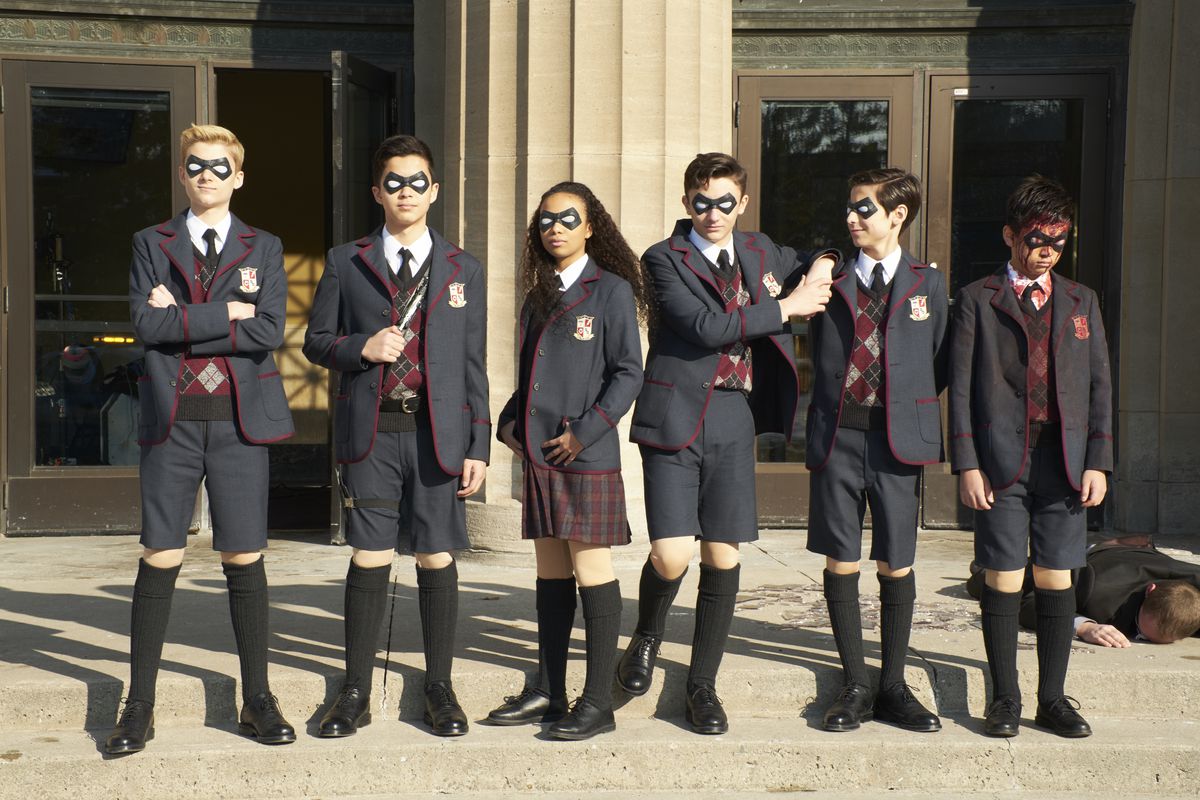
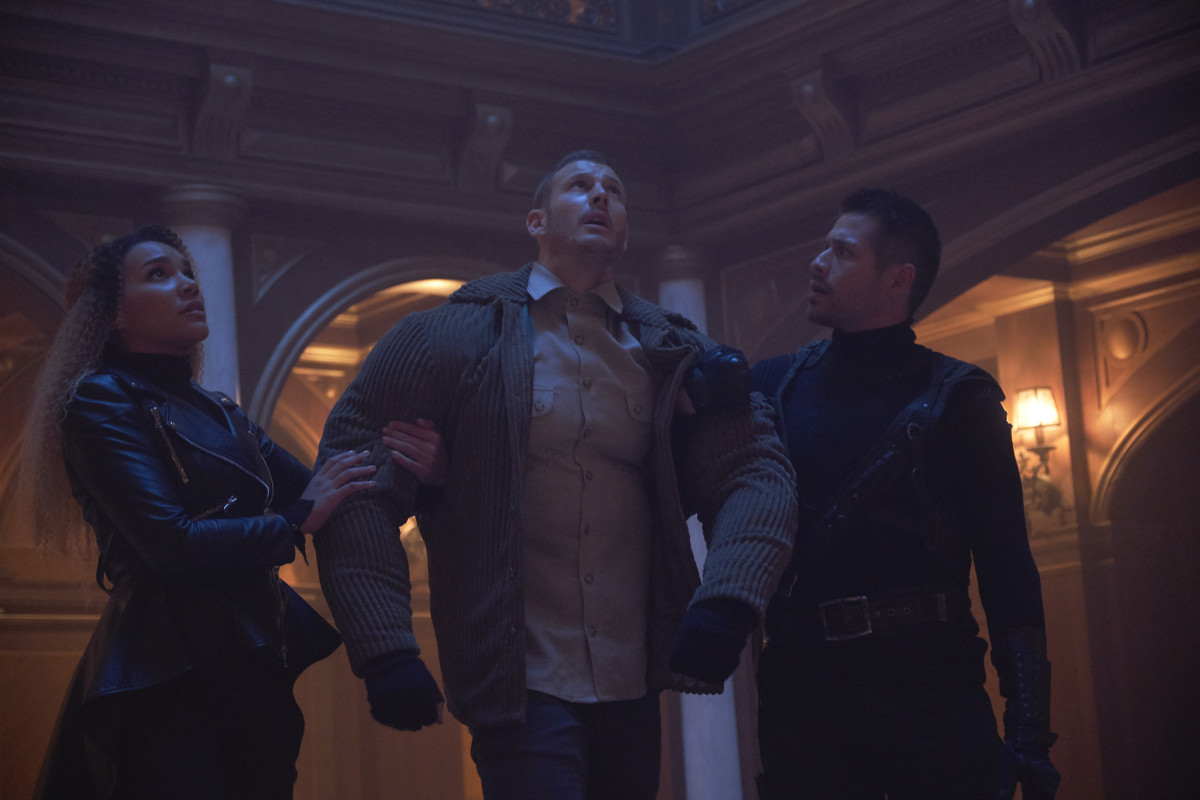
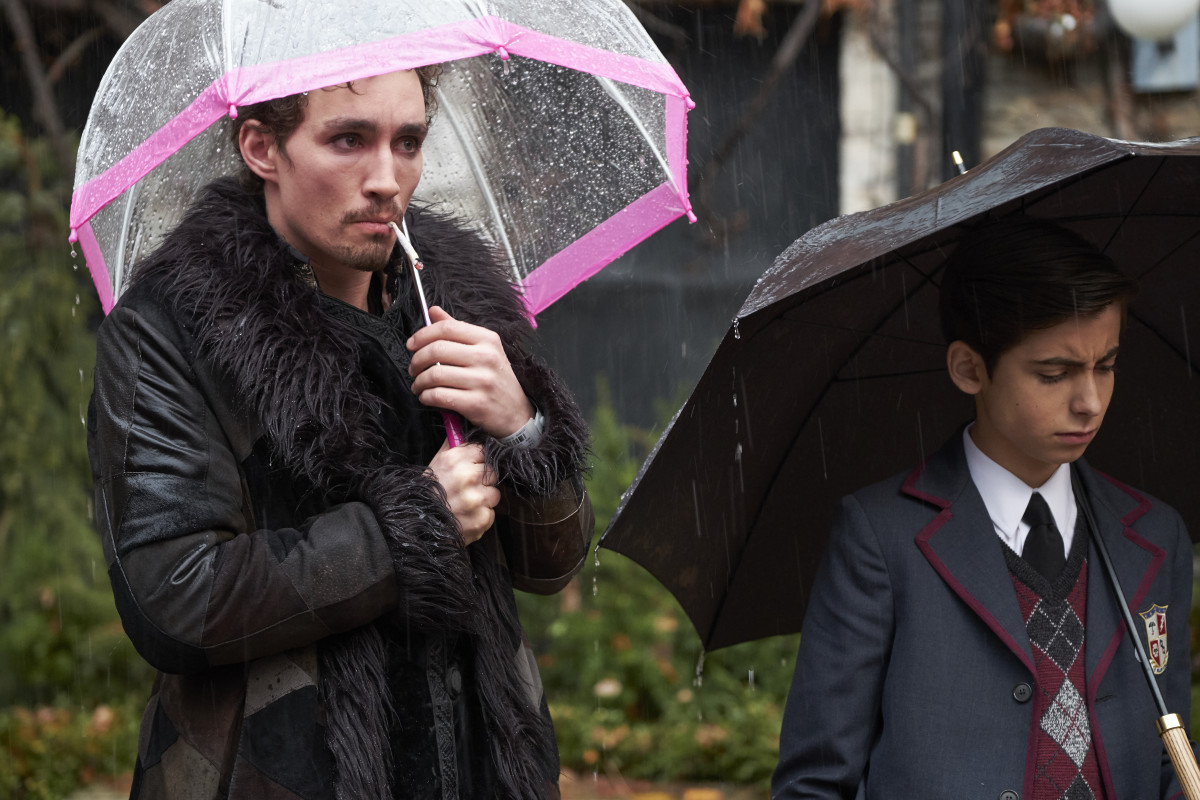
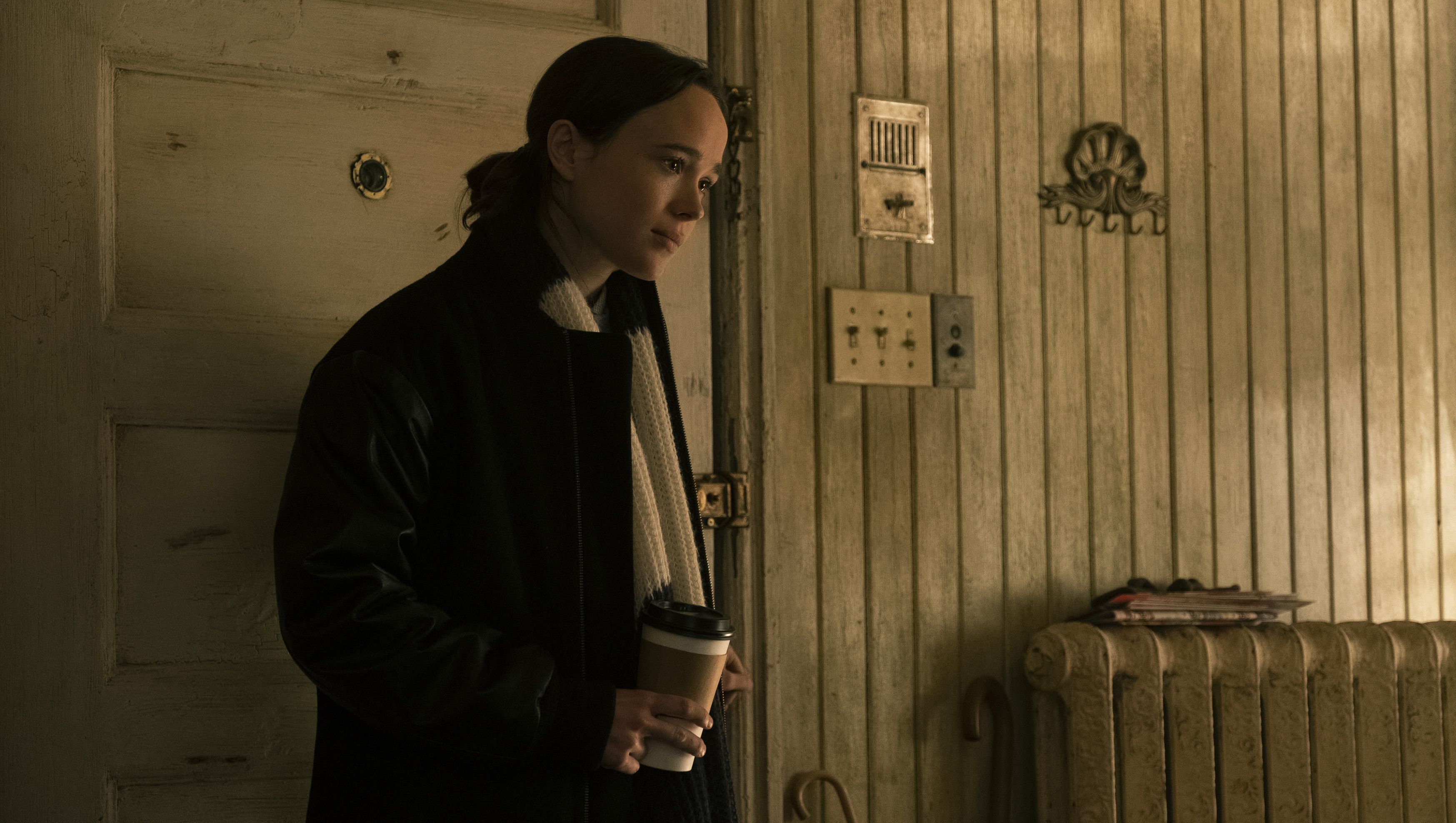
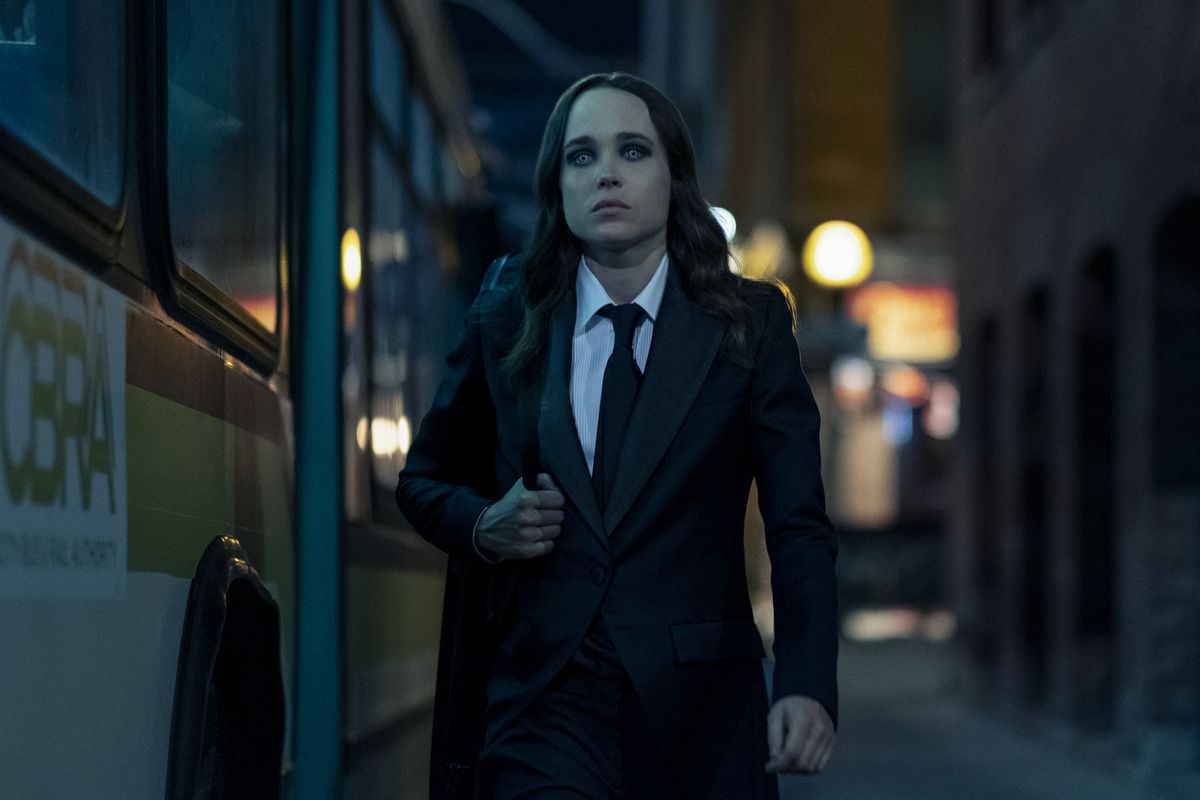
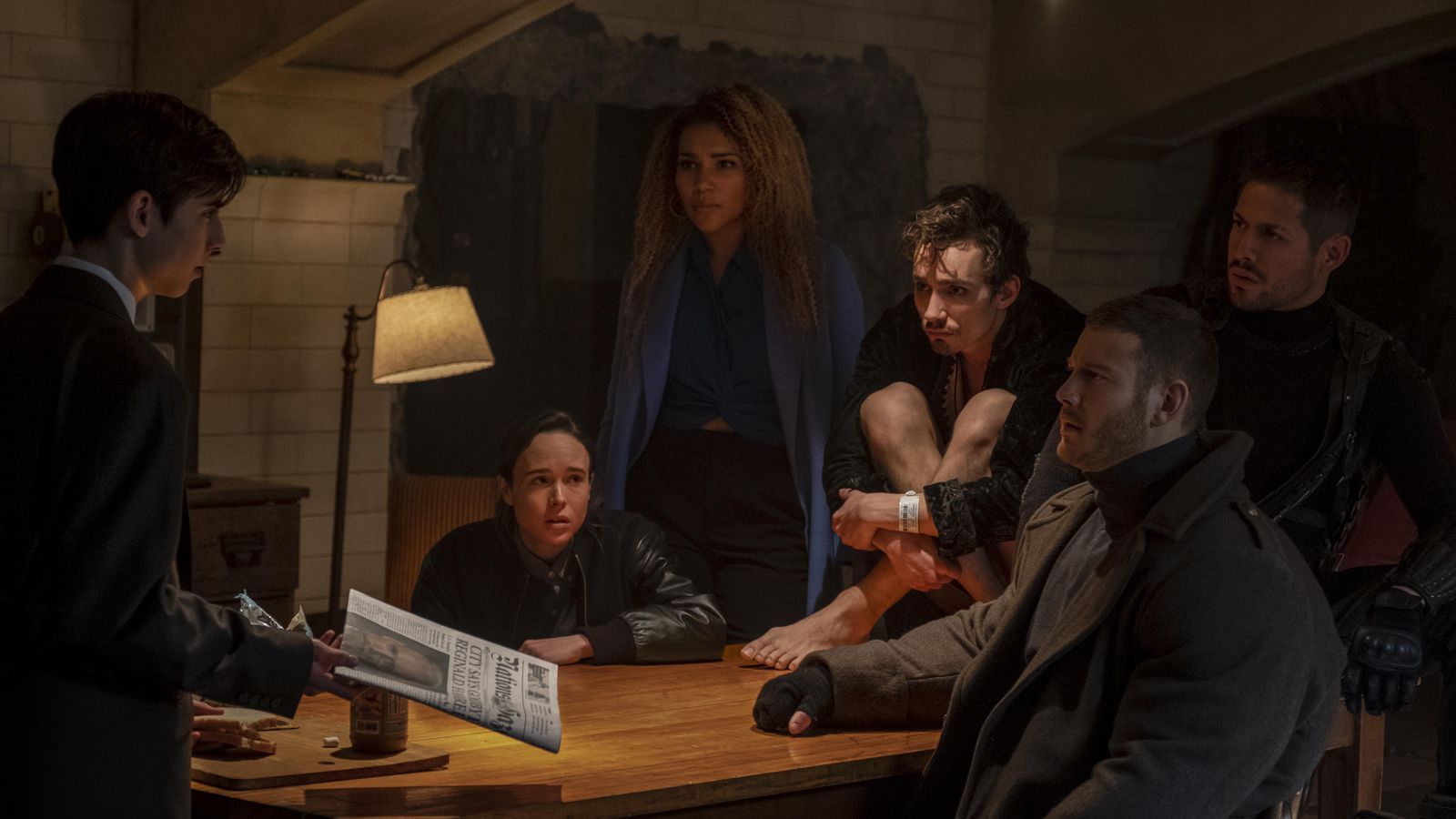
0 Comments:
Post a Comment
Subscribe to Post Comments [Atom]
<< Home